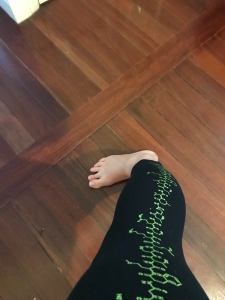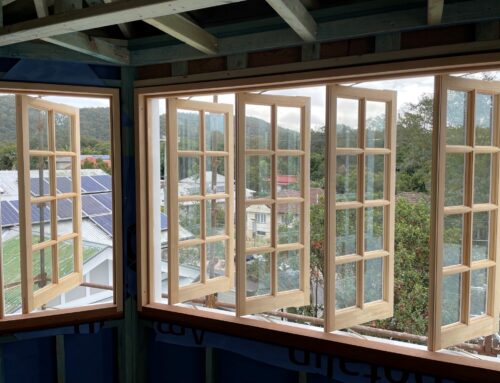Saturday morning restorative yoga has me contemplating my yoga pants (for the record, I am doing yoga and not just drinking wine in my yoga pants!)

You see, I found these yoga pants only recently when a fellow Queensland small business owner (Think Love Live – www.thinklovelive.com) said the magic words “fair trade”.
Over twenty years representing injured workers has made me annoyingly sanctimonious about fair trade. I am sure I have irritated no end of people with my constant gripes about sweat shops, modern slavery and child labour. People think I am being parochial and they (I believe rightly) point out that if we stop buying things made or grown overseas, the fragile economies of developing nations will crumble.
My real irritation though is not with people who wear things made overseas or even with people who buy things made in sweat shops. The problem is that we often do not know what was and was not made in fair conditions for workers.
Just because something is “Australian Made” or “Australian Grown” does not guarantee that it was made in fair conditions.
The majority of cases of workplaces injuries we see in Australia have arisen when employers have tried but failed to institute and maintain a safe system of work. However, this is not always the case. Some employers are reckless with the safety of their employees.
I once encountered a foreign manufacturing company who was exploiting rural workers who had been forced to get work off farm during a drought. One after another workers came to me with alarmingly similar injuries due to the same problem. If the employer had been serious about workplace safety, they could perhaps have been forgiven the first time but the system of work was never corrected. By the time the Division of Workplace Health and Safety began an investigation, the Company closed up and left the country. I wish I could say this was an isolated case.
Similarly, just because something is made or grown overseas does not mean that the conditions in that country were unfair. I love the Who Made My Clothes movement which is encouraging fair trade textile businesses to show pictures of the conditions in which workers are working. The Fair Trade certification also allows us to find products like coffee and chocolate which have been ethically sourced. These products unfortunately have a history of exploiting workers and using child labour.

My caffeine addicted husband tells me that fair trade coffee including Sacred Grounds are among his favourite blends.
These initiatives are a start but they are still not good enough. As committed as I am to refusing to support businesses who exploit workers, I am almost certainly doing so out of sheer ignorance. I would love to see more mainstream brands being accountable for their products so that we as consumers can make decisions that allign with our core values.


![Medical Records and Claims for Personal Injuries – Maher v Russell [2022] ACTSC 297](https://karelawyers.com.au/wp-content/uploads/2023/02/files.jpg)



